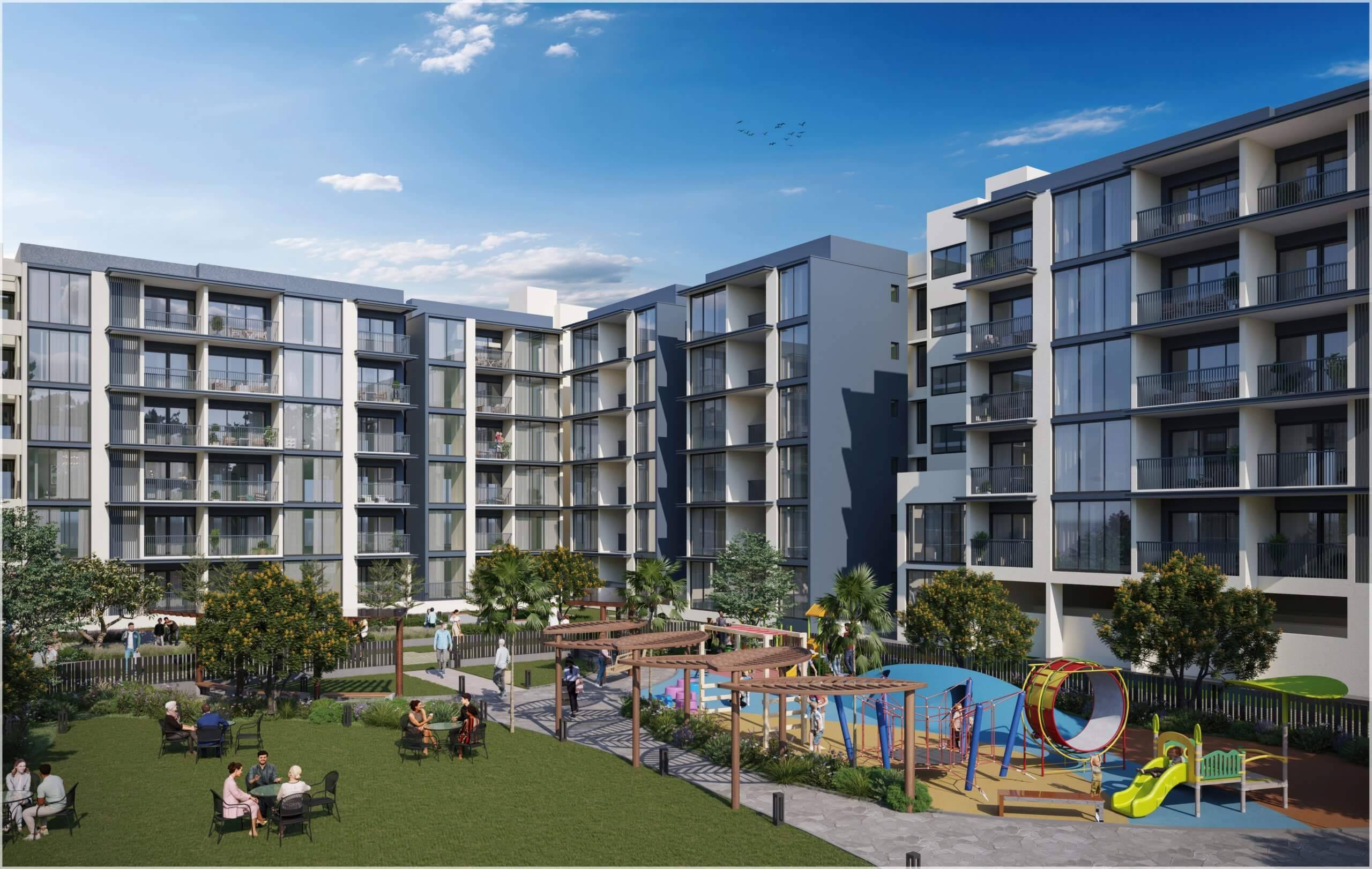India's hospitality industry witnessed a remarkable transition in 2024, with Tier II and III cities emerging as key growth centers for hotel investments and development. According to a recent report released by real estate consulting firm JLL on April 14, this trend reflects a growing appetite for quality accommodations in previously underserved markets such as Amritsar, Mathura, Bikaner, and other regional hubs.
The report revealed that in calendar year (CY) 2024, there were approximately 25 hospitality-related deals, most of which involved operational properties catering to both business and leisure travelers. What stood out was the growing prominence of Tier II and III cities, which accounted for nearly half of all hotel transactions in the year. This shift demonstrates how smaller cities are becoming increasingly attractive investment destinations, supported by rising tourism, improving infrastructure, and government incentives.
One of the most noteworthy aspects of the report was the sheer volume of branded hotel signings in 2024, which reached 42,071 keys. This marked a substantial increase in hotel development activity compared to the previous year. Meanwhile, branded hotel openings amounted to 11,352 keys, reinforcing the sector's rapid expansion. Of these new signings, a significant 77% were concentrated in Tier II and III cities, further underlining the sector’s geographic diversification away from the traditional Tier I metro markets.
Investor participation in the hospitality space also saw notable shifts. High-net-worth individuals (HNIs), family offices, and private hotel owners accounted for the largest share of transaction volumes at 51%. Listed hotel companies were also active players, contributing 34% to the total volume. Meanwhile, owner-operators and real estate developers contributed 8% and 7% respectively, reflecting a healthy mix of investor profiles driving sectoral growth.
From a business model perspective, management contracts dominated the agreement structure in 2024, representing 81% of the total signed keys. Franchises accounted for 14%, while lease and revenue share agreements made up the remaining 5%. This trend indicates that hotel owners are increasingly preferring asset-light strategies by engaging established brands for operations while retaining ownership of the properties.
Additionally, greenfield projects gained momentum in 2024, with nearly 28,281 keys under development, more than doubling the volume seen in 2023 (around 13,600 keys). This surge in new developments indicates strong developer confidence in the long-term potential of India’s hospitality market.
Despite the spotlight on Tier II and III cities, Tier I markets like Mumbai, Bengaluru, Hyderabad, Pune, and Chennai continued to attract investments. These cities saw the signing of hotels with more than 250 keys, a testament to the sustained demand driven by strong commercial activity and a robust domestic travel market.
The sector’s promising outlook has carried forward into 2025. According to Jaideep Dang, Managing Director, Hotels and Hospitality Group, India, JLL, the first quarter of 2025 has already seen significant traction, with the firm facilitating two major deals in Chennai and Goa. Investor enthusiasm remains high for both operational assets and land parcels, driven by supportive economic conditions, expanding commercial ecosystems, and the government’s recent budgetary focus on boosting tourism infrastructure.
“The momentum seen in 2024 is expected to carry through 2025,” Dang stated, highlighting the sector’s strong foundation for continued growth across diverse market tiers.









.png)